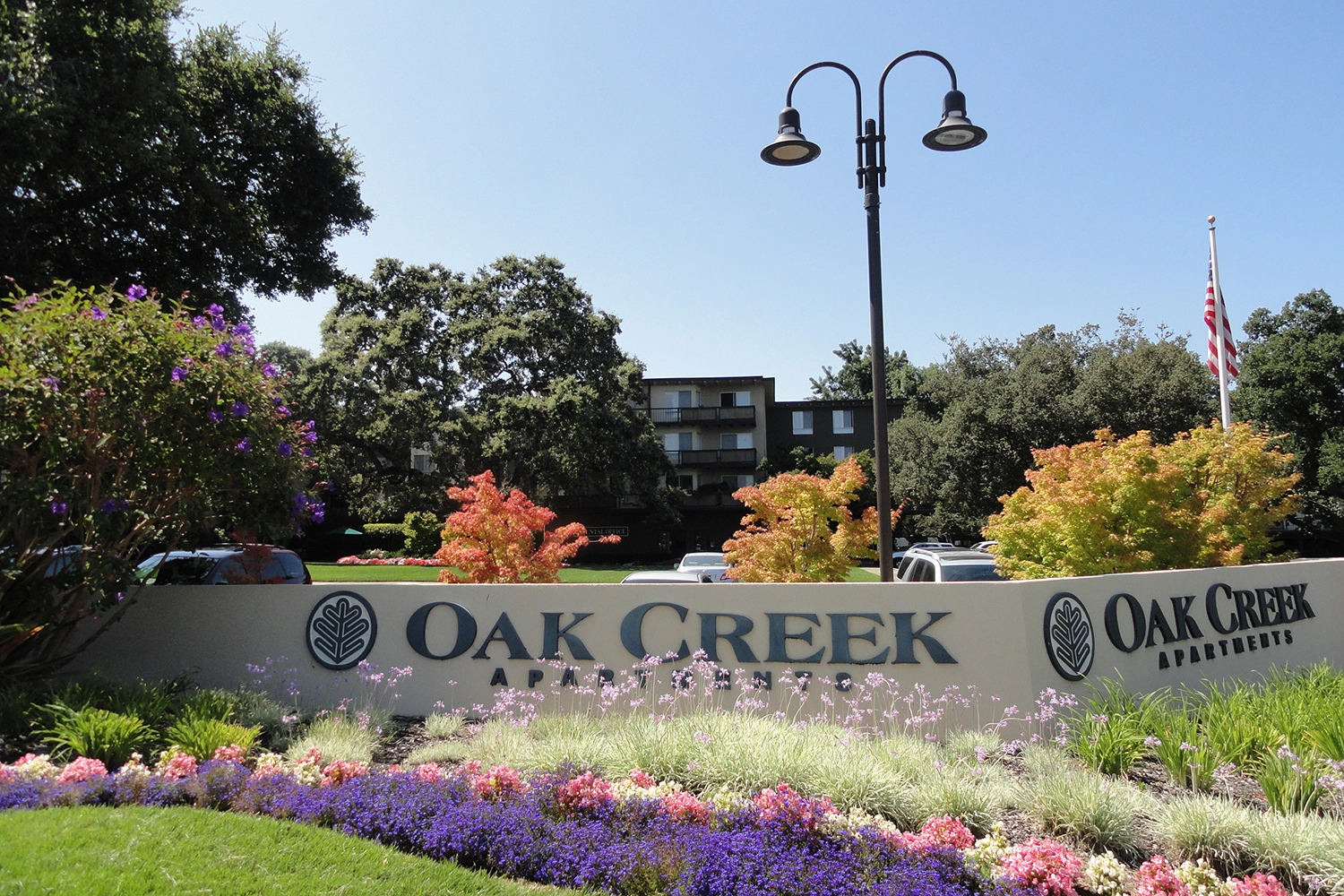Last September, Stanford acquired the 759-unit Oak Creek Apartments in Palo Alto in an effort to expand housing options for the Stanford community, especially postdoctoral scholars. Now, the University is facing criticism from postdocs who claim that their University-paid salaries fall short of the salary thresholds required to live in the apartments.
According to the September 2022 Stanford News report announcing the acquisition, Provost Persis Drell said she was “especially proud” that the University would “be able to prioritize housing opportunities for postdocs at Oak Creek because they face unique challenges navigating the local housing market.”
Although postdocs are the highest-priority group for Oak Creek units, according to the report, many postdocs say they have been unable to find a home at the apartments.
University spokesperson Stett Holbrook wrote in a statement to The Daily that the University is “aware of the income eligibility issue.” According to Holbrook, “Faculty Staff Housing and the Office of Postdoctoral Affairs are actively working to expand housing options for postdocs and will continue to address income requirements and affordability issues that impact this important part of our community.”
Oncology postdoc Ziwei Wang applied for housing at Oak Creek in order to be closer to work. After joining the waitlist in September, she was offered a one-bedroom apartment in March. Wang was given 24 hours to respond to her offer, which she quickly accepted.
When she began filling out the documents to accept the request, however, Wang says she realized she was ineligible for the housing due to a minimum income requirement.
“One of the qualifications was that my salary had to be two and a half times more than the rent,” Wang said. “And apparently, even though the University is the one that pays me, my salary was not qualified for that.”
Urology postdoc Ashu Mohammad faced a similar situation. Mohammad applied for a one-bedroom apartment in Oak Creek for himself and his wife in October. He received his first offer in December for an apartment that was listed at $2,550. But, he rejected the offer and requested a new floor plan, citing the lower prices of other floor plan options listed on the Oak Creek website.
As of last week, “The website has been updated to include the price range for each individual floor plan,” Holbrook wrote. These ranges were not present when Mohammad applied or received his offers.
Mohammad received two more offers in January and February; neither was lower than the $2,550 initial offer, nor did they reflect the prices listed on the website, he said. But due to his housing circumstances, Mohammad said, he was “forced” to accept an offer.
Just like Wang, however, Mohammad discovered upon filling out the forms that he did not financially qualify for the apartment and was forced to find housing elsewhere.
According to Wang and Mohammad, Oak Creek currently requires all residents to have a monthly income that is at least 2.5 times greater than rent — a rule that many postdocs, including the two of them, did not know before applying. For example, a one-bedroom apartment with a monthly rent of $2,500 is open only to residents who earn more than $6,250 a month.
Postdocs have reported being disqualified from Oak Creek housing because of this rule. The minimum annual funding rate for Stanford postdocs in Fiscal Year 2023 was $68,238 — approximately $5,686 a month. In Fiscal Year 2024, the minimum rate will be $71,650, about $5,970 a month.
In other words, their minimum salaries — which are set by the University — fall below the minimum income required for many of the floor plans in the University’s residential complex.
After failing to meet the income requirement, Wang says she was told that she had two other avenues for financial qualification: having enough money in her savings account to cover the entire lease time or having a guarantor who makes four times more than the monthly rent.
Wang decided to take the guarantor option, but was told that it would take two to three weeks to process her request. “This put me into a situation where I had a gap between two leases,” Wang said. “They could not make any accommodations for me.”
Mohammad said that he was frustrated with the situation due to the lack of transparency. “Why don’t they put the actual prices on the website? Why don’t they put the financial requirement that you need to earn a certain amount of money?” he said.
Genetics postdoc Tim MacKenzie said that the Oak Creek acquisition has failed to be a “cure-all” for postdoc housing, saying that even with the addition of the apartment complex, many postdocs are still left to find market-rate housing in the Bay Area.
The average rent for a one bedroom apartment in Palo Alto is about $2,995 as of April 2023, a number higher than California’s average of $2270, according to Zillow.
“The joke I like to make is that we’re ‘Schrödinger’s postdoc,’ which means we’re a superposition of student and employee until administration puts us into whatever is convenient for the University,” MacKenzie said.
“We are eligible to apply to Oak Creek,” Wang said, “but we aren’t eligible to live there.”
